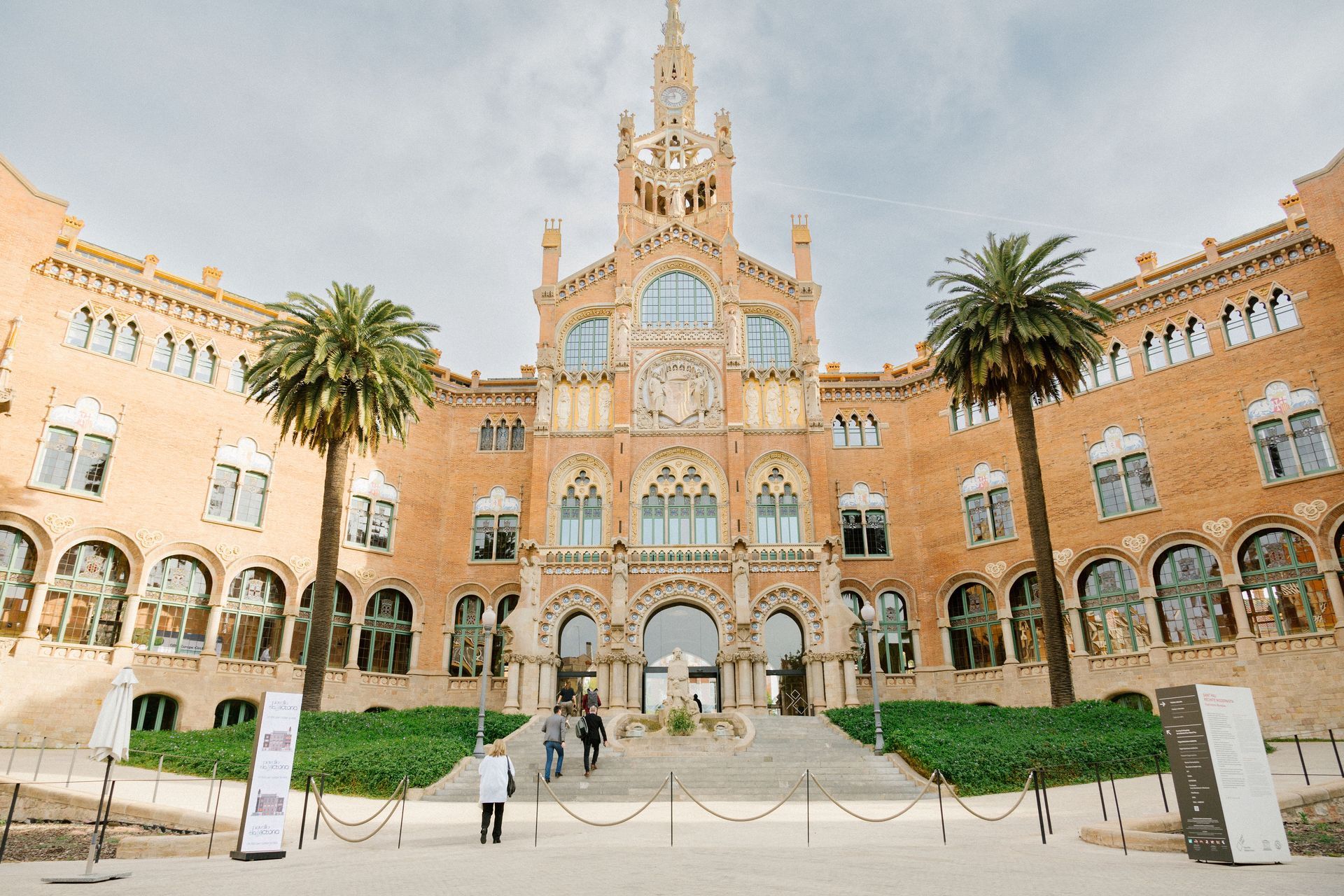The Importance of Biodiversity
‘Biodiversity’ is known as ‘the variability among living organisms from all sources including, terrestrial, marine and other aquatic ecosystems and the ecological complexes of which they are part; including diversity within species, between species, and of ecosystems’.
According to this report by the World Economic Forum, Biodiversity equals around $44 trillion in economic value (more than 50% of global GDP), making biodiversity one of Earth’s most valuable assets. Despite the massive amount of value biodiversity provides us, our global loss of biodiversity over the past 50 years has been significant, and 80% of that global biodiversity loss is caused by the built environment, agriculture, and energy/extractives.
Sadly, a byproduct of advancing our own environments is that we’re destroying the Earth’s natural ones at the same time. This is because of many factors, and IPBES notes five main drivers:
- Habitat loss
- Over-exploitation of natural resources
- Spread of invasive species
- Climate change
- Pollution
What biodiversity does for us
Preserving Biodiversity has direct benefits to people and planet, and is critical for the survival of all species on Earth.
Essentially, biodiversity provides us with the ecosystem services that regulate our environment (such as the sequestering of CO2 or the stabilisation of soil) and the provisioning services that supply humans with everything from food (many human foods rely on the diversity of crops and their associated pollinators, predators, and soil organisms) to energy sources, and even medicines.
An important factor that may be overlooked is the cultural significance of biodiversity. The ability to interact with wildlife, landscapes, and aquatic systems offers recreation, spiritual value, and even inspiration for art. Without the diversity of nature, Earth would be without many important natural factors which contribute to personal, community, and national identities.
Ecosystems with more intact biodiversity also tend to be more stable and have heightened resilience in ever changing conditions. The more genetic variability you have, the easier it is for a species to adapt, and diverse species help to buffer disturbances like drought, pests, and overexploitation.
The ways biodiversity aids urban areas
When it comes to our urban areas, biodiversity offers benefits not only to its inhabitants, but also the buildings themselves, and the built environment offers a great area of opportunity to protect, promote, and restore biodiversity.
One of the biggest benefits often discussed is the improved air quality brought about by vegetation, due to boosted oxygen production and pollutant filtering. Another big bonus is the reduced temperatures. Trees and green roofs provide shade and cooling through the evapotranspiration process, which is very beneficial to mitigating the urban heat island effect.
There is a correlation between biodiversity and psychological wellbeing to be discussed, with supplementary research that highlights the importance of green spaces in reducing crime and stress, while boosting physical recovery. After all, with more biodiversity, it’s more likely to help create that sense of place; a unique and rich environment with its own identity.
With buildings, higher levels of biodiversity can greatly improve the quality of urban areas. The urban heat island effect can be uncomfortable for the inhabitants of urban areas, but it also has negative effects on buildings. Often with increased temperatures you will also find increased energy demand, with measures to counteract the higher temperatures, e. g. air conditioning. Urban gardens are incredibly beneficial during times of heavy rainfall by acting as a biological filtration system, aiding stormwater runoff to reduce flooding risk. Related to this is erosion control specifically on urban riverbanks. Tree roots and other vegetation stabilise soil and banks, preventing erosion and landslides which could damage buildings and other infrastructure.
The importance of biodiversity to EnviroSustain
For EnviroSustain, biodiversity is an area of particular interest, and it remains a key topic we’ve been keeping our eyes on over 2023. Earlier this year, we announced our new 10–year partnership with Rewilding Europe, a non-for-profit foundation supporting rewilding landscapes across Europe. This new partnership will see a percentage of EnviroSustain’s annual turnover provided to Rewilding Europe, initially as contributions to support the newly launched European Wildlife Comeback Fund.
We’re excited to also be offering pro bono advice on rewilding-related buildings such as new offices and rewilding centres to Rewilding Europe and its networking organisations.








Head Office, Berlin,
Neue Grünstraße 17 | 18 Hof 1 | TRH 3
10179 Berlin
© ES EnviroSustain GmbH 2021





